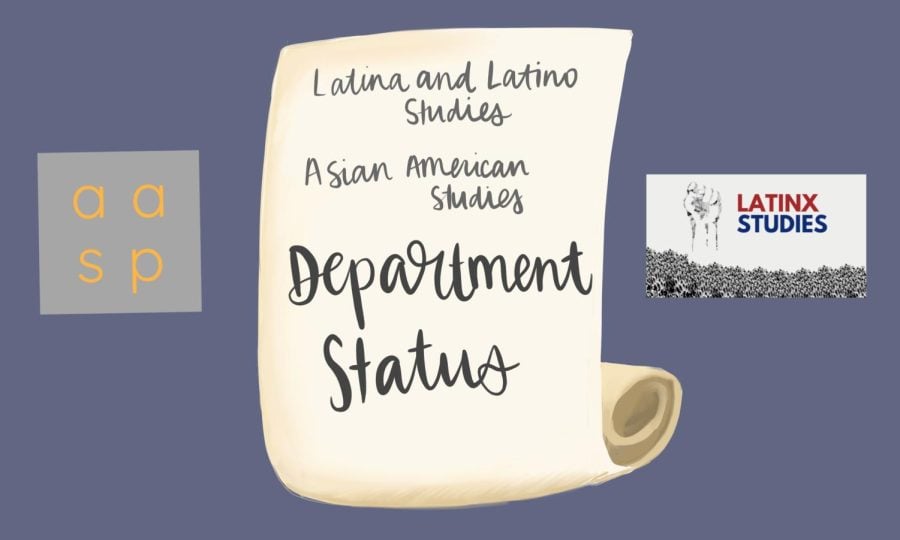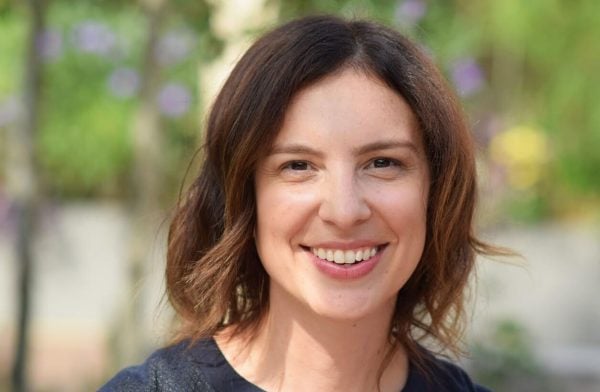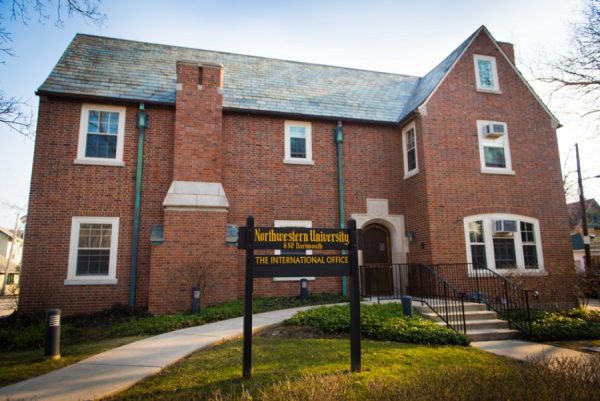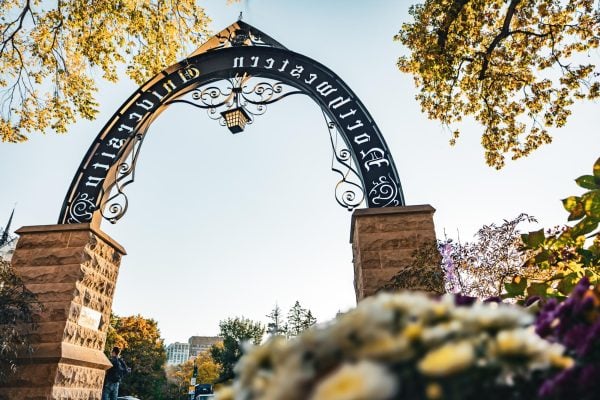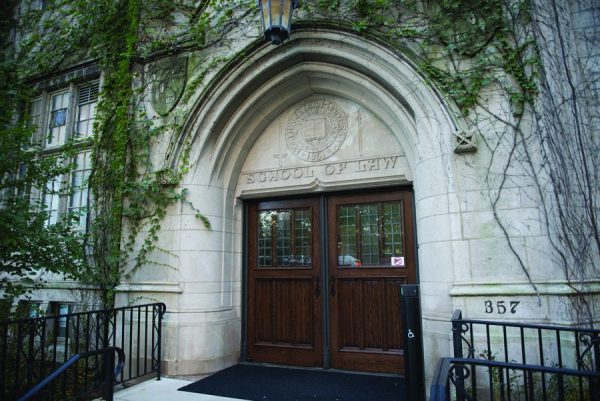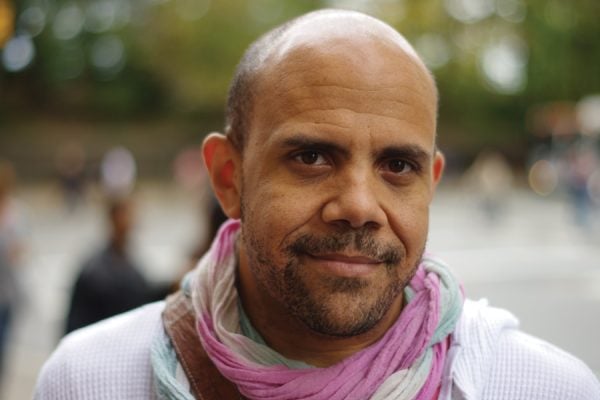Asian American, Latino and Latina Studies programs continue to push for departmentalization status
The Asian American Studies and Latino and Latina Studies Programs have pushed for departmentalization for years, driven by a want for higher autonomy over faculty and curriculum.
The Associated Student Government passed legislation in January supporting departmentalization status for the Latina and Latino Studies and Asian American Studies programs.
The resolution was the result of years of advocacy largely driven by student efforts.
In 2018, ASG passed legislation proposed by Latinx Asian American Collective encouraging departmentalization. That same year, the University founded the Council of Race and Ethnic Studies. The council allows the programs to hire and tenure their own faculty and ties the programs together financially.
But, departmentalization of LLSP and AASP did not occur.
SESP Senator and sophomore Anna Alava, co-author of the recent legislation, said it is important for ASG to push for departmentalization once more.
“It is important for the University to listen, when students and faculty have been asking for departmentalization status for so long, and when they have the interest in terms of enrollment numbers, and all of that, to support it,” Alava said.
According to AASP director, and Asian American and African American studies Prof. Nitasha Tamar Sharma, she has been told by administrators there is no difference between programs and departments.
“If there’s not so much difference, why not just grant it to us?” Sharma said. “The response is that that requires more resources than the University is willing to give.”
AASP program assistant Emily Mun said while she supports departmentalization, her job could become more difficult if the program grew and she did not have sufficient University support.
Departmentalization gives the programs higher autonomy over their courses and faculty, Sharma said.
“By becoming a department, (the) Asian American studies program would be able to add more resources and have more control and then more legitimacy as a field,” Alava said.
The majority of LLSP and AASP faculty work in multiple programs, Sharma said, since it was only at the inception of CRES that they could hire within their programs. LLSP director, and African American and Latina and Latino studies Prof. John Márquez said his workload is not split halfway between the programs, but he instead does a normal workload at each, doubling his work.
Planning out course schedules is more difficult when accommodating two different schedules, he said.
Márquez also said departmentalization of LLSP and AASP would legitimize “unseen, unpaid work” he and other non-white faculty members do. He said this work is not reflected in their performance reviews but also almost doubles their work.
According to second-year history Ph.D. student Victoria Pham, Asian American studies is not recognized as “intellectually rigorous” by Western society. Departmentalization would increase the visibility for students and administration.
Pham, also an Asian American history teaching assistant, added that BIPOC faculty are often tokenized and expected to know everything about their ethnicity.
However, Márquez said he believes each program’s curriculum is especially suffering from a lack of departmentalization status.
“Our curriculum is kind of piecemeal,” Márquez said. “We offer whatever we could possibly offer, and we don’t have the time and space and energy to put together a curriculum with a core set of dedicated faculty to carry that forward and be responsible for it.”
Weinberg sophomore and Alianza Senator Nicole Aguilar-Medina, also a co-legislator for the January resolution, said she has struggled to find classes for her LLSP major.
Aguilar-Medina said being able to hire faculty specifically for LLSP and AASP would result in a stronger and more flexible curriculum, she said.
“That’s the push that we need in order to have a better framework of academic thought,” Aguilar-Medina said. “Then most of the students that are in these programs will have a core curriculum with resources to continue exploring.”
Director of Media Relations Hilary Hurd Anyaso said Weinberg is committed to the success of AASP and LLSP and has allocated support to each recently. She added that Weinberg is open to proposals and collaboration with faculty leaders regarding the organization of curriculum and research.
Alava said students have more power in advocating for change because they pay tuition. The University created the AASP program following a student hunger strike in 1995. They started offering the minor in 1999. In response to student activism, the program has since expanded to include a larger program with a major and significant enrollment.
For Pham, the AASP program’s history on campus would make departmentalization more than a “scholarly” achievement.
“It’s so much more than just like an intellectual endeavor … it really honors the activist work that has come before us,” Pham said. “For all those students and faculty that have been fighting and struggling to create Asian American studies at Northwestern, I feel like this is also in honor of them.”
The administration floated an idea about founding a combined ethnic studies department, according to Sharma and Márquez. The department might include Native American and Indigenous Studies, American Studies and Latin American and Caribbean Studies, according to Márquez.
The University did not respond to The Daily’s request for comment regarding criticisms of a proposed ethnic studies department.
But, Márquez said it would be impossible to combine the LLSP and AASP programs. He said neither program wants to combine.
Mun said she could lose her job if an ethnic studies department was created because the program assistant job could be consolidated. Márquez also worried some other staff and faculty members in the programs might not fit into an ethnic studies department.
LLSP faculty has historically been diverse in their home departments, such as Márquez in African American Studies.
Márquez said he is one of two faculty members — along with anthropology Prof. Ana Aparicio — hired to establish the LLSP program, which began in 2008.
But, Márquez and Aguilar-Medina both noted that Latine students still feel marginalized on campus, even given LLSP’s increased presence in recent years.
Márquez said following his Ph.D. program at the University of California San Diego he found that Chicano students felt marginalized and disadvantaged within the ethnic studies department.
“Latino Studies students, they feel underrepresented in Weinberg,” Márquez said. “They feel socio-economically vulnerable. And the fact that so many of them are either undocumented or from undocumented families exacerbates that tension … it makes me want to give them their own kind of space and resources.”
For Aguilar-Medina, LLSP is not just a safe space for her, but also a place to discuss Latine-based theories outside of the “white gaze.”
She said an ethnic studies department would be concerning, as it might make classroom demographics more similar to the school as a whole by increasing white demographics, which could affect her academic experience.
“I fear that … Latino students would walk into class, and be surrounded by the same demographic that the rest of the school has, not seeing each other in that class that is supposed to provide the space to talk about hard hitting topics in the scope of power,” Aguilar-Medina said. “I don’t know (if) we’d get the same out of those classes.”
Alava added that programs like AASP and LLSP are seen as “surface-level reflections,” but said she has learned much about the construction of race and U.S. imperialism through her classes.
For both Alava and Aguilar-Medina, the AASP and LLSP programs are safe spaces for them to explore specific problems and nuances other classes, such as political science classes, may not.
“I think my Latino Studies courses give me the agency and the ability to actually talk about power dynamics without feeling like I have to give a socially desirable answer,” Aguilar-Medina said. “In my other classes, for instance, when I’m in (political science), it’s hard to talk about representation without feeling the students give eyes.”
Correction: A previous version of this story misstated Silvia Toledo’s beliefs about the proposed ethnic studies department. The Daily regrets the error.
Email: kaavyabutaney2026@u.northwestern.edu
Twitter: @kaavya_butaney
Related Stories:
— ASG Senate meeting introduces two pieces of legislation
